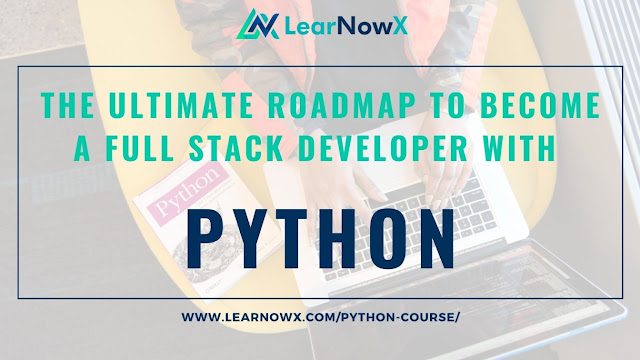How to Use Python to Advance Your Machine Learning Skills
Introduction
Python has established itself as the preferred programming language for machine learning thanks to its rich libraries and simple syntax. This post will give you a thorough learning plan if you want to become an expert in machine learning with Python.
Machine learning has revolutionized various industries by enabling intelligent systems to learn from data and make accurate predictions. journey.
1. Master the Fundamentals
A solid foundation in the fundamentals is crucial for success in machine learning. Learn the fundamentals of Python programming, such as variables, data types, loops, and functions, before moving on. Learn about the essential libraries that make up Python's machine-learning framework, including NumPy, Pandas, and Matplotlib.
Additionally, grasp essential mathematical concepts such as linear algebra and calculus, as they are integral to understanding machine learning algorithms.
2. Learn Machine Learning Algorithms
Understand the underlying principles, assumptions, and use cases of each algorithm. Implement these algorithms using Python libraries such as sci-kit-learn and TensorFlow, and practice on diverse datasets to gain hands-on experience.
3. Understand Data Preprocessing and Feature Engineering
Data preprocessing and feature engineering are crucial steps in machine learning. Learn techniques to clean, transform, and normalize data to ensure optimal model performance. Explore methods for handling missing values, outliers, and categorical variables. Additionally, delve into feature engineering, where you create new features or extract meaningful information from existing ones. Python libraries like scikit-learn and Pandas provide powerful tools for data preprocessing and feature engineering.
4. Experiment with Model Evaluation and Hyperparameter Tuning
Evaluate the performance of machine learning models using appropriate metrics such as accuracy, precision, recall, and F1 score. Understand concepts like cross-validation and train-test splits to assess model generalization. Explore techniques for hyperparameter tuning to optimize model performance. Python libraries like scikit-learn provide convenient functions for model evaluation and hyperparameter tuning, enabling you to fine-tune your models effectively.
5. Stay Updated with Advancements in the Field
Machine learning is a rapidly evolving field, with new algorithms, techniques, and research emerging regularly. Stay updated with the latest advancements by following reputable blogs, research papers, and online communities. Participate in Kaggle competitions or similar data science challenges to apply your knowledge and learn from others. Python's vibrant ecosystem ensures that you have access to the latest libraries, tools, and frameworks, enabling you to leverage cutting-edge techniques in your machine learning projects.
Conclusion
Becoming an expert in machine learning with Python requires dedication, continuous learning, and hands-on practice. By mastering the fundamentals, learning various algorithms, understanding data preprocessing and feature engineering, experimenting with model evaluation and hyperparameter tuning, and staying updated with the latest advancements, you can build a strong foundation for success in the field of machine learning.
At our company, we offer comprehensive Python Training Course tailored for aspiring machine learning experts. Our expert instructors and industry-aligned curriculum will guide you through the intricacies of machine learning with Python, equipping you with the skills and knowledge to excel in this dynamic field. Contact us today to embark on your journey to becoming an expert in machine learning with Python.


Comments
Post a Comment